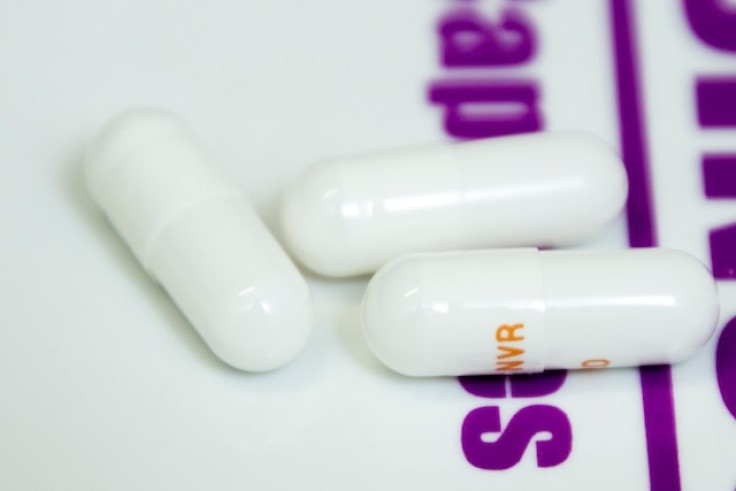
A federal appeals court upheld parts of a decision restricting access to the widely used abortion pill mifepristone on Wednesday. The ruling, which originates from a Texas case, limits changes made to the drug's access but has no immediate impact on its availability.
The three-judge panel of the conservative-leaning 5th U.S. Circuit Court of Appeals determined that the Food and Drug Administration (FDA) had not adequately considered safety concerns when loosening access to mifepristone in 2016. Despite this victory for abortion opponents, the Justice Department announced it would appeal the decision.
Vice President Kamala Harris Expresses Disapproval of the Decision
The Supreme Court had issued a stay while the case was under appeal, allowing the drug to remain accessible. The Justice Department "strongly disagrees" with the appeals court's ruling and will seek Supreme Court review, according to a spokesperson.
Vice President Kamala Harris stated that the "decision stands between doctors and their patients." Harris reaffirmed the Biden-Harris Administration's commitment to protecting access to abortion and defending the FDA in court.
Mifepristone, an FDA-approved regimen for medication abortions, is used in conjunction with misoprostol to induce contractions. The combination is used in the majority of U.S. abortions, according to the Guttmacher Institute.
Appeals Court Finds Plaintiffs Waited Too Long to Challenge Original Approval
The case began in Texas, where U.S. District Judge Matthew Kacsmaryk ruled in favor of a group of anti-abortion doctors and medical professionals who challenged the FDA's approval of mifepristone and subsequent regulatory changes.
In 2016, the FDA extended the usage window for mifepristone from seven to ten weeks of gestation and reduced the required number of in-person visits from three to one. Further changes in 2019 approved a generic form of the drug, while in 2021, a requirement for the drug to be dispensed only in clinics, medical offices, and hospitals was removed, allowing telehealth administration and mail delivery.
Kacsmaryk, a Trump appointee, suspended the FDA's 2000 approval of mifepristone, citing "evidence indicating the FDA faced significant political pressure" to approve the drug over two decades ago.
The Justice Department argued in an emergency appeal that Kacsmaryk's order "upended decades of reliance by blocking the FDA's approval of mifepristone and depriving patients of access to this safe and effective treatment, based on the court's own misguided assessment of the drug's safety."
In Wednesday's ruling, the three-judge panel-two Trump appointees and one George W. Bush appointee-found that the plaintiffs waited too long to challenge the original 2000 approval of mifepristone. However, they determined that the post-2016 changes should be put on hold, as they were made without considering the effects on patients.
Erin Hawley of the Alliance Defending Freedom, the challengers' lawyer, expressed satisfaction with the ruling, stating it "restores the original 2000 safeguards to a dangerous chemical drug regimen."
Evan Masingill, CEO of GenBioPro, the manufacturer of generic mifepristone, emphasized that the drug remains lawful and available despite the ruling.
Alexis McGill Johnson, president of the Planned Parenthood Federation of America, warned that mifepristone's approval and the FDA's independence are still at risk.
Katie Daniel, state policy director of Susan B. Anthony Pro-Life America, praised the ruling, accusing the FDA of ignoring science and its own rules.
Related Article : Texas Judge Grants Temporary Exemption for Complicated Pregnancies under Controversial Abortion Law